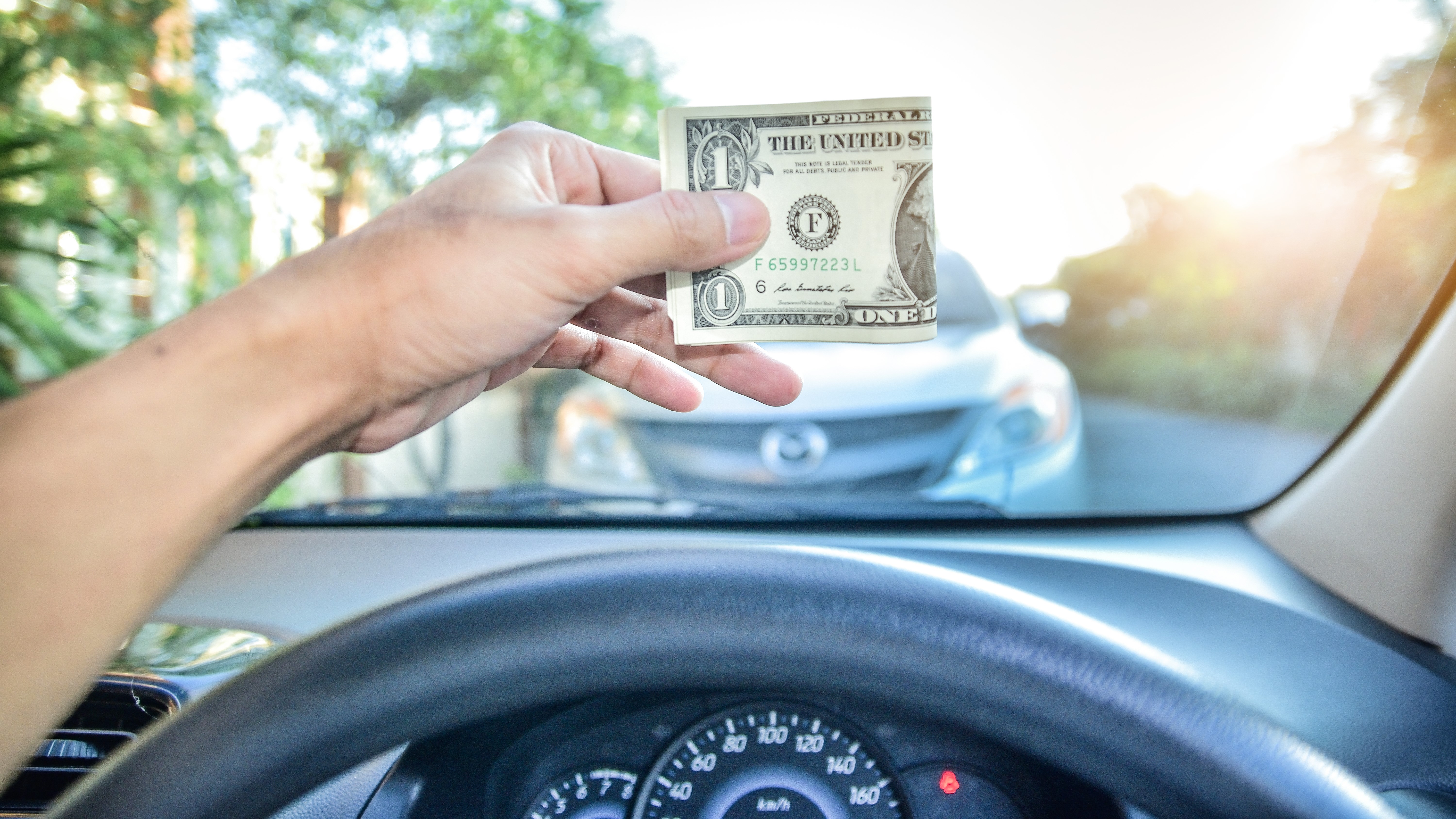Deciding whether you need roadside assistance cover isn’t always easy. On the one hand you’re paying for something that you hope you’ll never need to use. But on the other hand, if your car does break down and you’re stranded at the side of the road, the relief that most people feel when the best roadside assistance services quickly ride to their rescue is a feeling that money usually cannot buy.
Whether you get a flat tire, run out gas or need a tow, breakdown cover can get you out of a bind. But is roadside assistance worth it for everyone, and where can you get it if you think it is right for you?
Should you get roadside assistance?
How often you use your car and how far you regularly drive are usually significant factors as to whether you should pay for roadside cover. So if you only ever make short trips, or your car is left idle on the drive most of the time, maybe paying for a breakdown plan isn’t for you. By sheer lack of opportunity, there is a much lower chance that your car will let you down, and if on a very rare occasion that it does, maybe the money you’ve saved by not paying for roadside protection will be enough to get you out of trouble, if help is ever needed. There are plenty of other ways to cover car repair costs too.

That said, some people will always happily pay for motoring peace of mind, and if you feel the condition of your vehicle, and the amount of time you spend on the road, increases the likelihood that you will need to call for help on a semi-regular basis, then there’s a good possibility that investing in a breakdown plan will save you money over the long term.
In particular, it’s probably best to think about arranging cover if you:
- Have an older car or buy one second hand.
- Like the comfort of knowing help is always on standby.
- Have a lengthy daily commute, or are about to embark on a road trip.
- Have little idea how to change a tire or carry out simple car maintenance.
- Have no car mechanics or car-savvy friends that you can readily call upon.
Things to be aware of
Before you buy, it’s important to think about your motoring needs and to find out what roadside assistance covers. Always check the small print, and if you’re thinking of paying for a comprehensive policy, determine what you’re getting for the extra outlay - perhaps better towing benefits, trip interruption, car rentals - and make a judgement on whether these are things that you’re ever likely to use.
Also, don’t get confused with the benefits that are offered by the best extended car warranties - these are designed to cover the cost of repairing or replacing certain vehicle parts to protect you from the heaviest of mechanic’s bills.
Where should you get roadside assistance from?
There are a number of options available if you decide to purchase breakdown cover, and there is even a chance that you could save money by bundling this protection together with other products.
Member organizations
An obvious way to get breakdown peace of mind is by signing up to an auto club membership organization, such as AAA or National General Motor Club. These may be a little more expensive than other options, but members will also usually get access to a wide range of benefits, such as locksmiths, and further non-breakdown related discounts related to hotels, car rentals, eating out, and days out and entertainment.

Auto insurance companies
Some of the best auto insurance companies will allow you to add roadside coverage onto your insurance policy, or have standalone plans that you can buy. Our top choice, Allstate Motor Club, is a great example of an insurer delivering on both aspects of motor protection.
Car manufacturers
If you’ve just bought a new car, the manufacturer will usually include roadside recovery as part of its extended benefits - not that you’ll be expecting to use it on a new vehicle!
Credit card providers
The major credit card providers - Mastercard and Visa - both offer a number breakdown options among their various card offerings. Some are dedicated cards that include cover outright, while others require you to pay extra to take advantage, or per callout, which means you’ll only pay when you need help.
Cell phone companies
Also a little leftfield, perhaps, some of the best cell phone providers, including AT&T and Verizon, provide roadside cover too. If you have a phone with either, it’s certainly worth checking to see if they’re offering a bundle deal that could save you a good few dollars.

